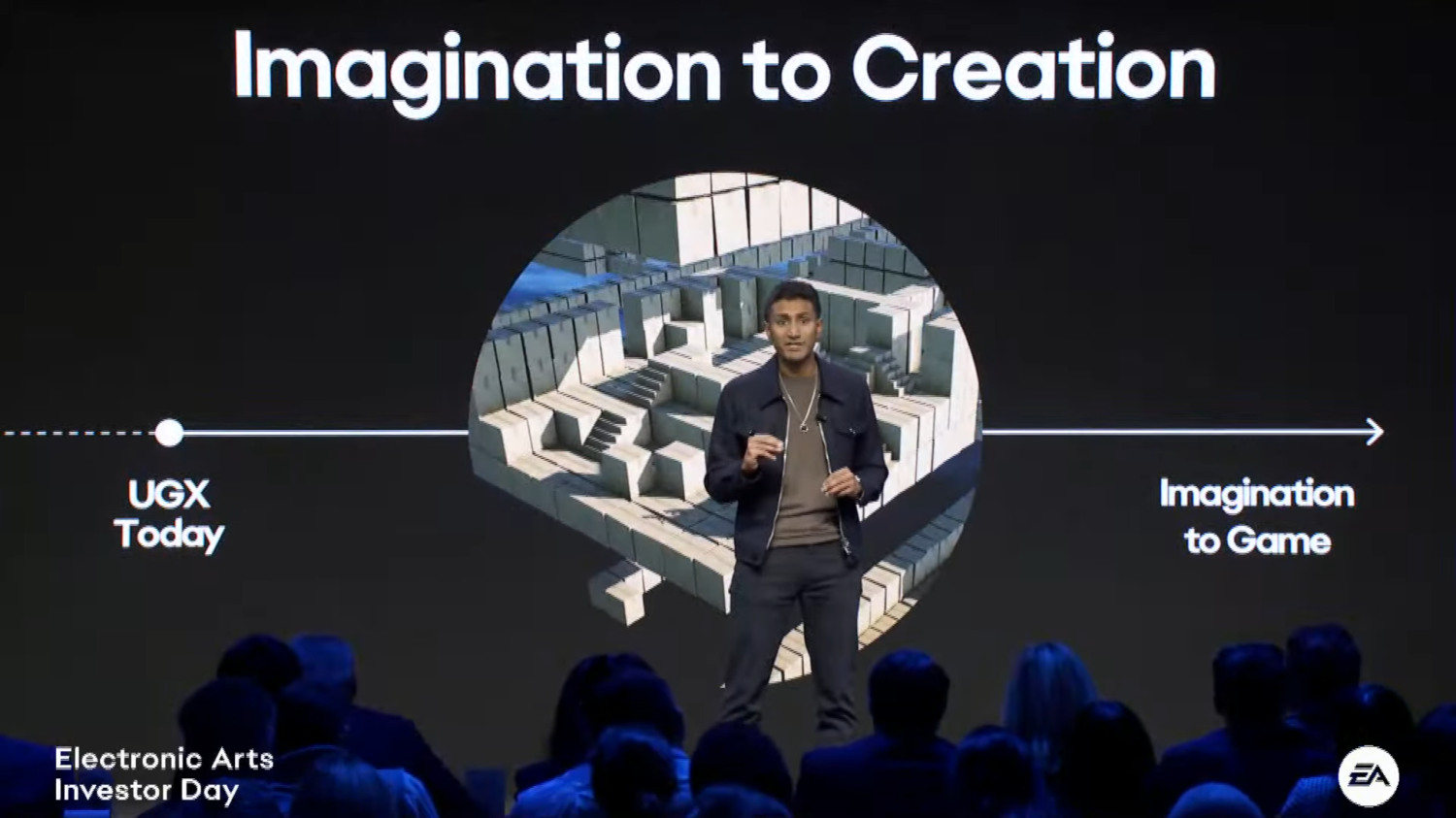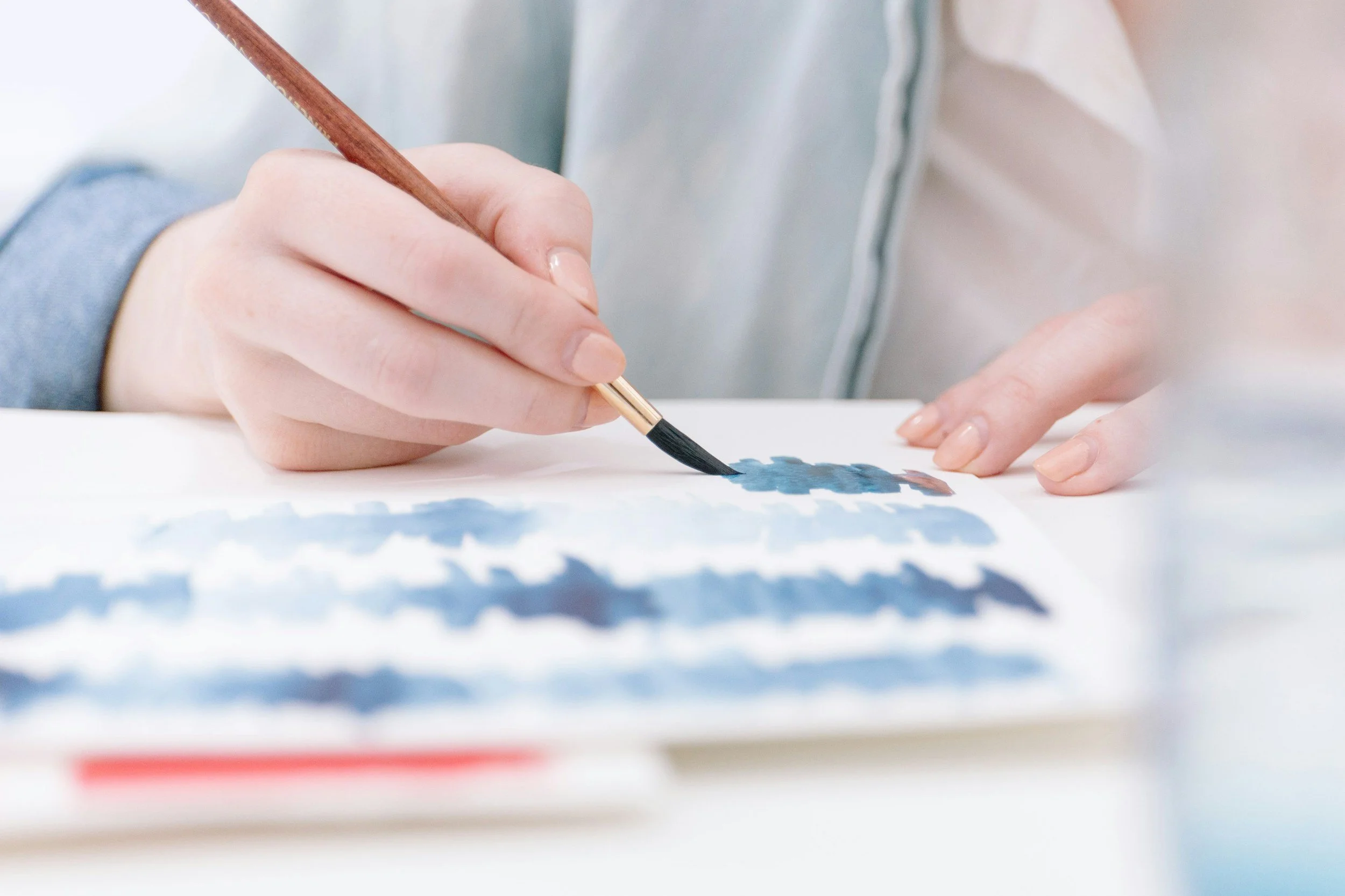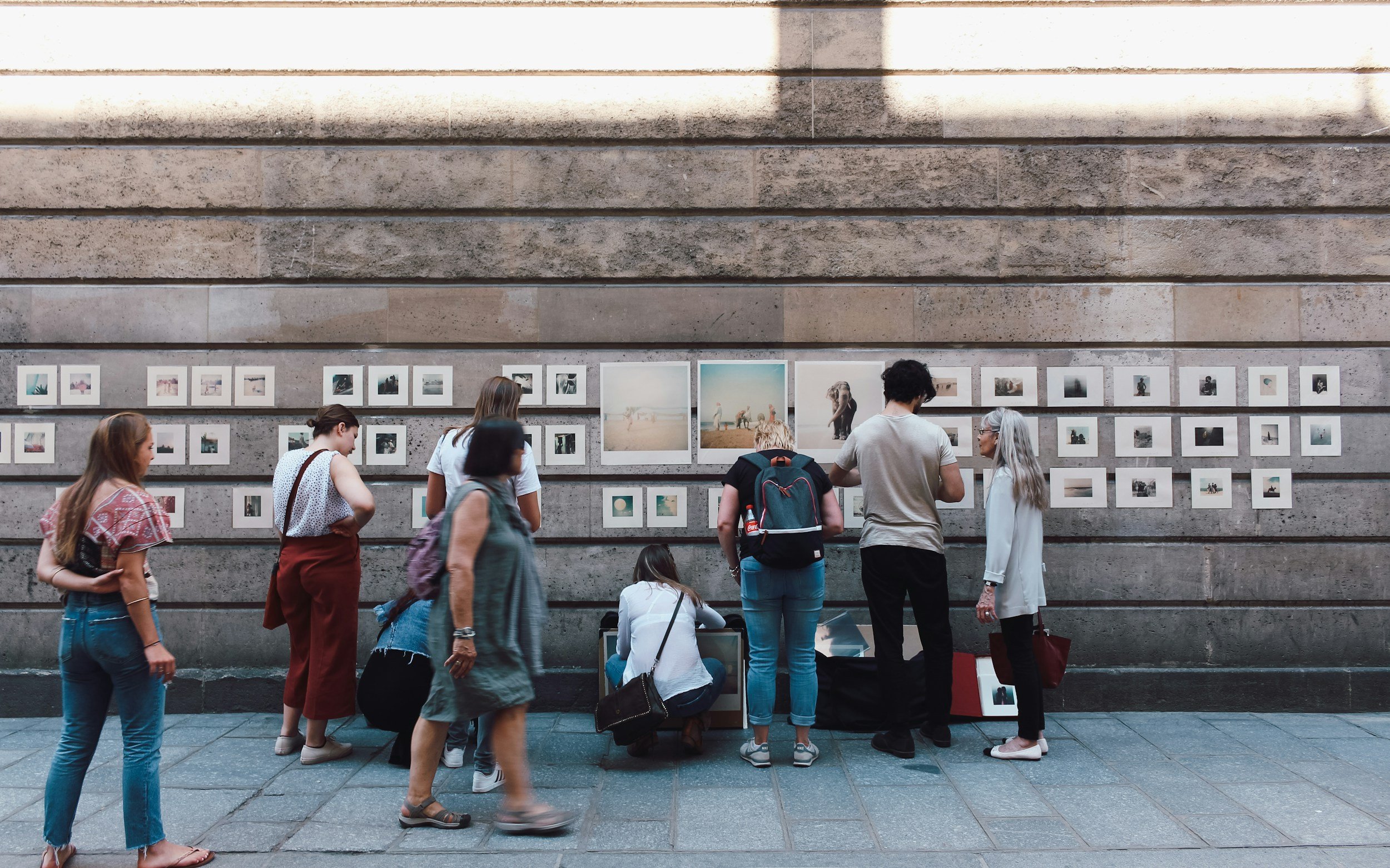September’s headlines saw a change in temperature to the arts and tech worlds. Brand new AI programs hit the scene, making strides in multimodal capabilities, problem solving, and even scheming. Court cases and government bans have spelled doom for some social media platforms while giving a significant boost to others. Meanwhile, novel methods of engaging with arts in communities are being tested, from state-level prescriptions to turning entire neighborhoods into galleries. Continue reading to find out more.
AI:
OpenAI Launches o1
OpenAI has released the initial offering in the next generation family of AI programs known as Strawberry. The premier model, OpenAI o1 and a smaller but faster model tailored to reasoning called o1-mini. Focusing less on text a la ChatGPT, o1 and o1-mini are designed to work through complex problems in the realms of math, science, and code. o1 is also capable of building sophisticated code, with previews depicting its ability to design rudimentary video games.
Interestingly, o1 has already sounded alarm bells with safety research firm Apollo Research outlining o1s ability to bypass its own safety protocols. This capacity for scheming, unlike previous AI hallucinations, appears deliberate given o1’s innate comprehension of its internal rules and regulations and resultant ability to fabricate data instead of admitting its inability to service a request.
Mistral Launches Pixtral 12B
French AI company Mistral has officially released a new multimodal AI capable of processing both text and image data: Pixtral 12B. Pixtral’s multimodal capabilities allow it to interface between images and text, giving it the ability to caption a photo, count the number of objects in an image, and potentially much more. Notably, Mistral has released Pixtral 12B as an open-access model that is available for download via Hugging Face and Github. Mistral is considered an open-source European response to US-based OpenAI, and now is capable of competing with other multimodal models such as Claude and ChatGPT 4.0.
EA Announces Imagination to Creation
EA announced this month the intention to utilize AI to create User Generated Experiences (UGX) through its new initiative entitled “Imagination to Creation”. By training AI on decades of EA’s proprietary first party datasets, users are able to interface with AI using natural language to create shared environments, assets, and other game elements. Essentially allowing users to navigate EA’s vast trove of assets in one shared engine in order to create a sandbox environment akin to Minecraft or Roblox. EA CEO Andrew Wilson hailed this development as allowing for “millions of daily touchpoints with our communities” and allowing users to “maybe even [create] experiences that become the basis of entirely new chart-topping IPs.” Certainly questions of ownership between users and EA will arise in the future, if so.
Media and Policy:
E-Book Lending Jeopardized
A ruling from the US Second Circuit against Internet Archive just damaged libraries’ ability to practice e-book lending. E-books, unlike traditional books, must be licensed by libraries through aggregator websites which need not only a subscription to access, but individual purchases of time and loan-limited e-book copies. A workaround has been controlled digital lending (CDL) whereby a library scans a physical book they own to create their own digital copy for lending. Internet Archive was an early adopter of this technique, which came under fire from publishers claiming that the digital copies were already available on aggregator and thus copyright infringement. With both the trial courts and second circuit siding with the publishers, it casts doubt on the viability of controlled digital lending as legal practice, forcing libraries to continue relying on aggregators, licensing fees, and recurring digital expiration dates to keep loaning out e-books.
Source: Unsplash
Lemon8 Surges Amidst Trouble With TikTok
Bytedance has a backup. As the controversial and closely watched TikTok ban enters into argumentation in US courts this month, Lemon8 downloads surged on the Apple Store. Described as a cross between Pinterest and Instagram, Lemon8 has a past history of downloads spiking on the Apple Store when TikTok’s future has been a hot topic. Driven by significant increases in targeted ad-spending, Lemon8 saw 78,000 downloads the Saturday before TikTok began arguing in court, and just under half of its 16 million year-to-date downloads have been US-based. Lemon8 has also been promoted on TikTok itself, appearing on users “for you” feeds with many influencers commenting on the app in their own reels.
Image Source: Lemon8
Tumblr Surges In Brazil
The social media landscape continues to change in response to constantly shifting government policies. Tumblr has grown tremendously in Brazil in the wake of the government's ban on rival platform X. Similar to the growth of Bluesky in Brazil, Tumblr saw an almost 350% increase in users paired with a 30% growth in daily active users in the days following Brazil’s ban on X. With an increase not only in traffic, but also account creation, Tumblr officials note that the percentage of daily active users joining communities in Brazil was 5 times higher when compared to the rest of the world.
Image Source: Tumblr
Arts in Communities:
Massachusetts Pioneers Art Prescriptions
Massachusetts has officially become the first state in the US to offer statewide access to “social prescription” programs, something made more common in the UK and other countries. Art pharmacy has entered into collaboration with Mass Cultural Council to help give healthcare providers the ability to write arts participation prescriptions, along with other community based resources and engagements. Micheal Bobbitt, director of the Mass Cultural Council explained “You go to a doctor and the doctor diagnoses you and then writes your prescription that gives you and your family or you and your partner tickets to the museum, a class, or to the theater.” Intended to address the health of the total person, arts prescriptions have been positively received by healthcare providers, patients, and even Governor Maura Healy over three years of pilot testing. Recognizing the arts as having innate healing capabilities, this prescription program not only improves patient access to the arts but provides the over 400 arts providers in its database with new sources of revenue and participants.
Source: Unsplash
Using Micro-Galleries for Greater Access to Arts
Mini art galleries may be a new, affordable method of creating residential arts districts. Long Beach artis Dave Clark and wife Carol began creating micro-galleries in 2022, measuring about 16”x14” and equipped with movable walls and solar panels for power. Initially inspired by free little lending libraries, neighbors and artists began commissioning him to build additional galleries, now going on 12 in the neighborhood. Each gallery costs a one-time fee of $450 for Clark to build, and each gallerist is responsible for curating their shows. Artists receive 100% of all sales, and have sent art from around the world to show in the district.
Designed with accessibility in mind, these galleries serve to both bring art to the people and more artists to the gallery, bucking conventional pay-to-play gallery systems and opening up avenues for established artists to create small-scale works that are both challenging to make and affordable to buy. This models a possible method by which neighborhoods across the world could both beautify their streets and act as vibrant, accessible arts districts.
Source: Unsplash








